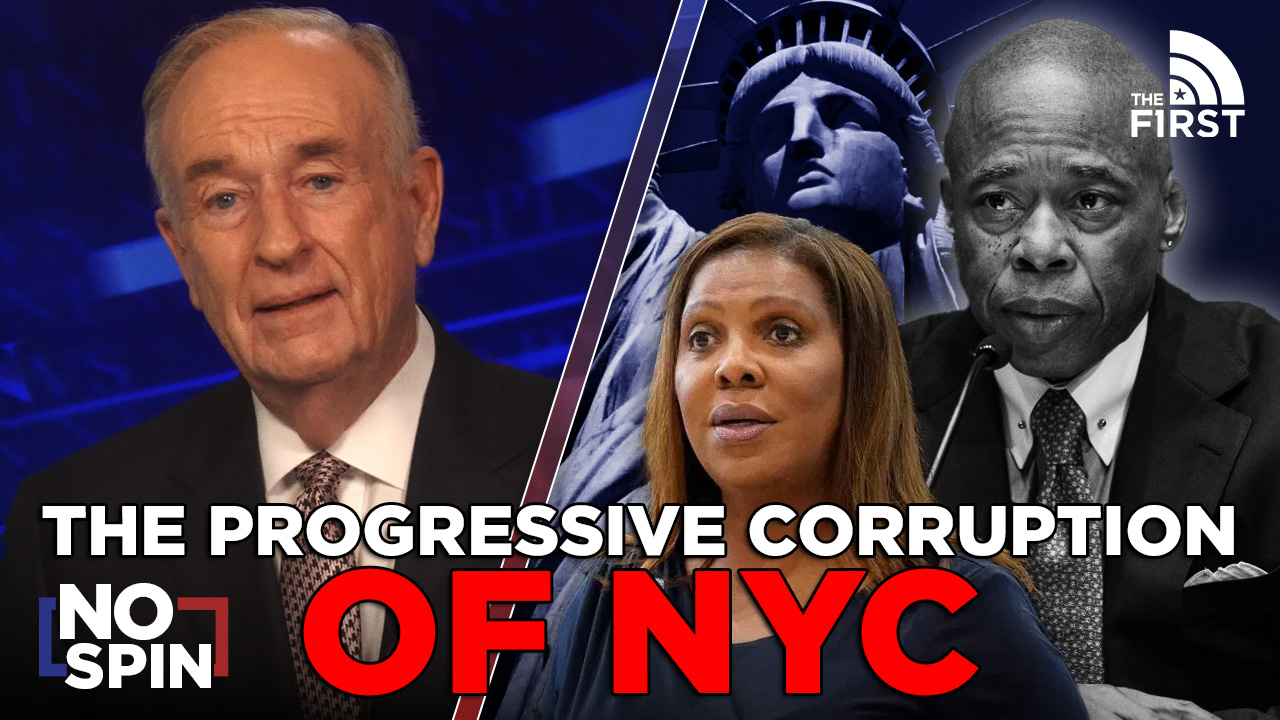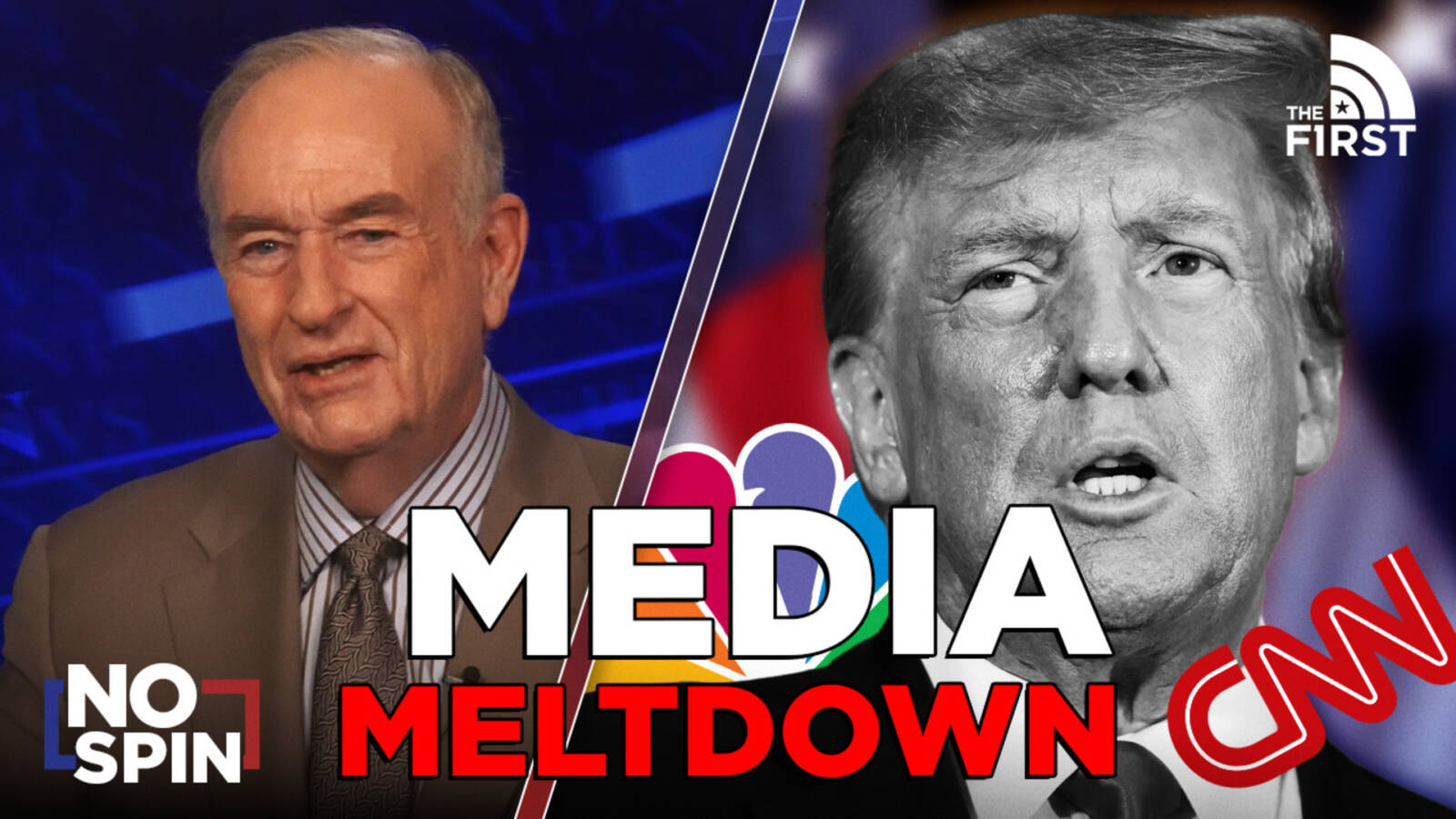The other night I watched “The Untouchables” with my family. My wife and oldest son had never seen it. There’s this scene where reporters catch Capone, played by Robert De Niro, and ask about the tax evasion indictments. I’ve seen it umpteen times. The body language, and the words. remind me of someone who used to be President of the United States.
While I watched De Niro play the killer Capone in a movie where Eliot Ness was the hero he never really was, the guy who affects the movie Capone’s mannerisms (that might have been based on himself), praised Mao Zedong from a stage in Claremont, NH. “China, many years ago, was being taken over by much smaller countries bc they were all drugged out on the poppy fields. The poppy. The drugs. Heroin. The nation was drugged out. And then along came a very powerful leader, you know who that is, and he said, ‘no more.’”
The Mao of history was responsible for between 40 to 80 million (depending on what version, but most agree it was at least 35 million) in the period between 1958 and 1961, which was called by the Communist Party in a triumph of Orwellian penmanship, the “Great Leap Forward.” I suppose those who died from starvation or a bullet to the head can’t be addicted to heroin.
Trump fights. I suppose, were our government not in practice a democratic one, someone who fights could implement policies that would end illegal immigration, many kinds of drug addiction, and wipe wokeism off the political map. As Malone in “The Untouchables” said, “what are you willing to do?” Malone took the corpse of a Capone soldier, put a gun in his mouth, and blew the dead man’s brains out the back of his skull to convince the bookkeeper to cooperate. Of course, the bookkeeper didn’t know the other guy was dead. “I do not approve of your methods,” the Canadian Mountie said after that. I’m 100% certain nothing like this happened in real history.
In real history, Trump could not build the wall he ran on as a campaign promise, because his own party would not cooperate in Congress. In real history, Trump left office despite insisting he was still president after a stolen election. In real history, Trump is facing three separate trials for felony charges.
As for Al Capone, he was no Robert De Niro smooth operator. The real Capone tried to fake sickness to get out of testifying before a Chicago grand jury. The real Capone got himself arrested and sent to prison on a gun charge in Pennsylvania to avoid being tried for bigger crimes (it didn’t work). The real Capone retired to Miami after serving 11 years in federal prison, suffering from syphillis and dementia, to live at his Palm Island mansion, about 70 miles south of a different mansion in Palm Beach.
The real Mao is not worthy of praise. The real Capone is not worthy of imitation, even the movie version. In August, Trump posted on his Truth Social in all caps, “IF YOU GO AFTER ME, I’M COMING AFTER YOU!” Trump’s speech and gestures, down to the exaggerated enunciation, leave the line between reality and acting blurred to the point of hallucination. I wonder if De Niro was at all influenced by the 1980s celebrity real estate developer. “The Art of the Deal” was published the same year “The Untouchables” hit theaters (1987). Writer Bob Gale admitted that the character “Biff” was inspired by Trump in “Back to the Future Part II” (1989) so it’s not impossible that Trump’s mannerisms oozed into a portrayal of Capone. What seems undeniable is that Trump adopted the Capone image from the movie. Trump performed Capone, performed by De Niro, who may have been channeling Trump. Christopher Nolan could not have scripted it better.
I am not sure why Trump decided to praise Mao. If President Joe Biden had said this, we’d all be shouting “dementia!” But with Trump it’s not so easy to figure out. I think most of us should agree though, that praising Chairman Mao is not something worthy, helpful, or positive for a presidential candidate to do.
Follow Steve on Twitter @stevengberman.
The First TV contributor network is a place for vibrant thought and ideas. Opinions expressed here do not necessarily reflect those of The First or The First TV. We want to foster dialogue, create conversation, and debate ideas. See something you like or don’t like? Reach out to the author or to us at ideas@thefirsttv.com.







